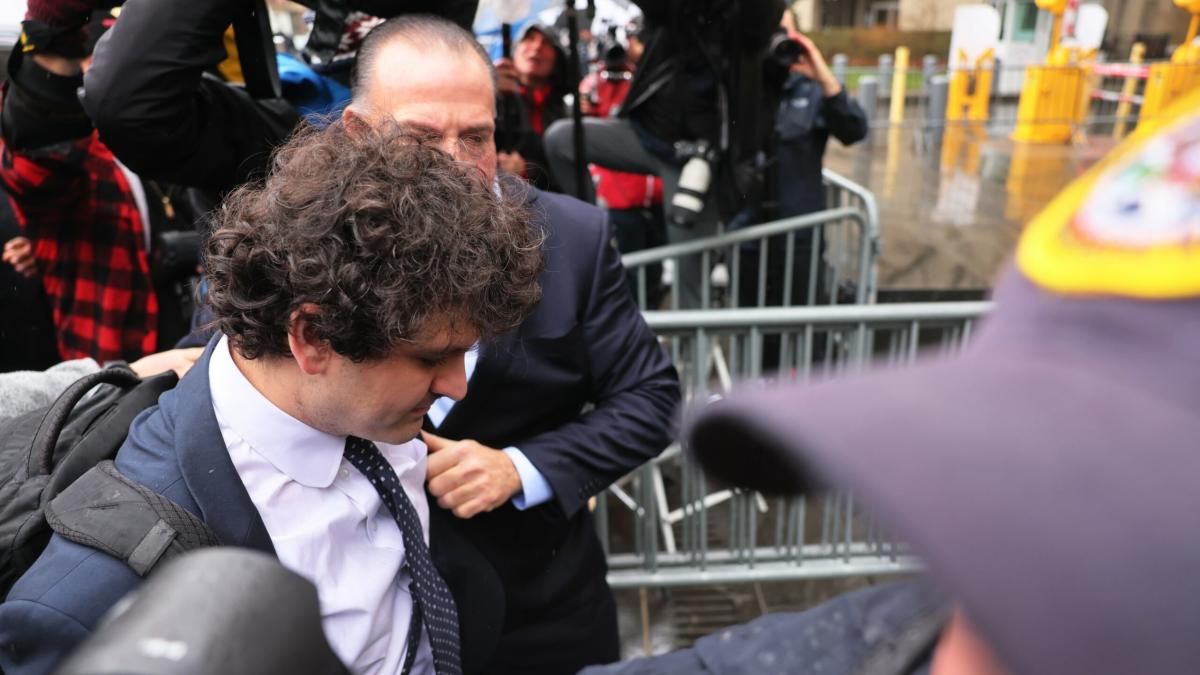SBF was extradited to New York last month from the Bahamas, the company’s headquarters and where he resided, but he remained on probation since December 22 at his parents’ house in Palo Alto (California, USA) after agreeing one of the highest bails in US history, of 250 million dollars.
The alleged fraudster, who faces up to 115 years in prison if convicted of all crimes in this case, The trial is scheduled to begin on October 2.as ordered by the judge.
P8 – FTX_opt.jpeg
umbrella. FTX filed for bankruptcy in a Delaware court.
FTX filed for bankruptcy on November 11 after a rapid collapse after many users rushed to withdraw their funds amid reports casting doubt on the company’s solvency, and its debacle has wreaked havoc on the industry.
Carolyn Ellisonwho was the former executive director of Alameda Research – the investment arm of FTX, also founded by the defendant – and Gary Wang, the co-founder of FTX, have previously pleaded guilty to criminal charges related to their role in the fraud that contributed to the company’s downfall. SBF also faces accusations of fraud by US stock and derivatives regulators.
Regulators warn of the risk of cryptocurrencies
The Federal Reserve (Fed, central bank) and two US regulatory authorities alerted the country’s banks on Tuesday about the risks linked to cryptocurrencies, almost two months after the bankruptcy of the FTX platform, a giant in the sector.
For commercial banks, activity linked to cryptocurrencies is “very likely incompatible with safe and sound banking practices,” the Fed, the FDIC (federal agency in charge of guaranteeing bank deposits), and the OCC (supervisory bank) said in a joint statement. of most of the US banking system).
“Considering the significant risks exposed by the recent difficulties of several large crypto-asset firms, the agencies continue to take a prudent and attentive approach to current or anticipated crypto-asset exposures and activities at each banking organization,” they noted.
The Fed, FDIC, and OCC consider “It is important that the risks linked to the cryptoactive sector that cannot be mitigated or controlled, do not migrate to the traditional banking system.”
US banks are authorized to offer their clients services related to these assets.. Treasury Secretary Janet Yellen is a strong supporter of “more efficient surveillance” of the cryptocurrency market.
Source: Ambito
I am a 24-year-old writer and journalist who has been working in the news industry for the past two years. I write primarily about market news, so if you’re looking for insights into what’s going on in the stock market or economic indicators, you’ve come to the right place. I also dabble in writing articles on lifestyle trends and pop culture news.




